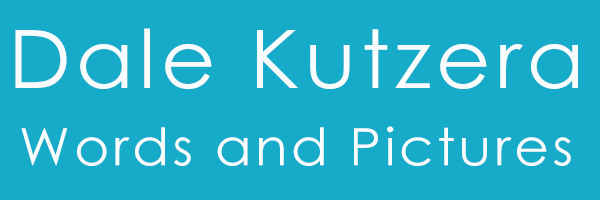We will soon see a tsunami of AI–chatbots, smart speakers, machine learning system–introducing themselves into our lives. Odds are the online chat conversation you had last week was not with a real person, but an AI system designed to reply to your every request, no matter how strangely you phrased it.
This is great for writers, particularly those with an ear for dialogue and an innate sense of conversation flow. But where will it lead entertainment? Interactive forms of entertainment go way back, most notably in those “Choose Your Own Adventure” books of the 1980s. But we now have the technology to present individualized entertainment as a mass medium, and that’s a game-changer.
In any time of media-upheaval, it’s hard to see how things will shake out. The old Vaudeville performers didn’t think much of motion pictures, which were then shown as just another act. Few could have guessed that sound and color would change those silent one-reels into the 20th century’s dominant art form. Yet those old movie moguls couldn’t understand TV when it first arrived with blurry images on 6” screens. They couldn’t envision where the technology would go.
If I were to challenge myself to envision future entertainment, I would predict that it will function much like a carnival. If you go to a carnival you are presented with a variety of options from thrill-rides to games of chance. There are many food options and stage acts, perhaps even a petting zoo. With all these options, each individual charts their own course of amusement according to their own tastes.
That may be were AI driven entertainment goes. You would don your 3D goggles and be escorted into a chamber where several options await. Based on your choices, more options would be presented. This could work even in narrative entertainment with story points altered based on your decisions. And these need not be active decisions in which the story halts and you are forced to make a choice between Door A or Door B. The choices you make could be as subtle as what character your gaze lingers on, or what sort of action you turn away from. You would be a passive viewer, but the AI would take notice of how you are viewing, right down to your gasps or shrieks or body language.
You would still experience a story, but one specifically tailored to your mood.
